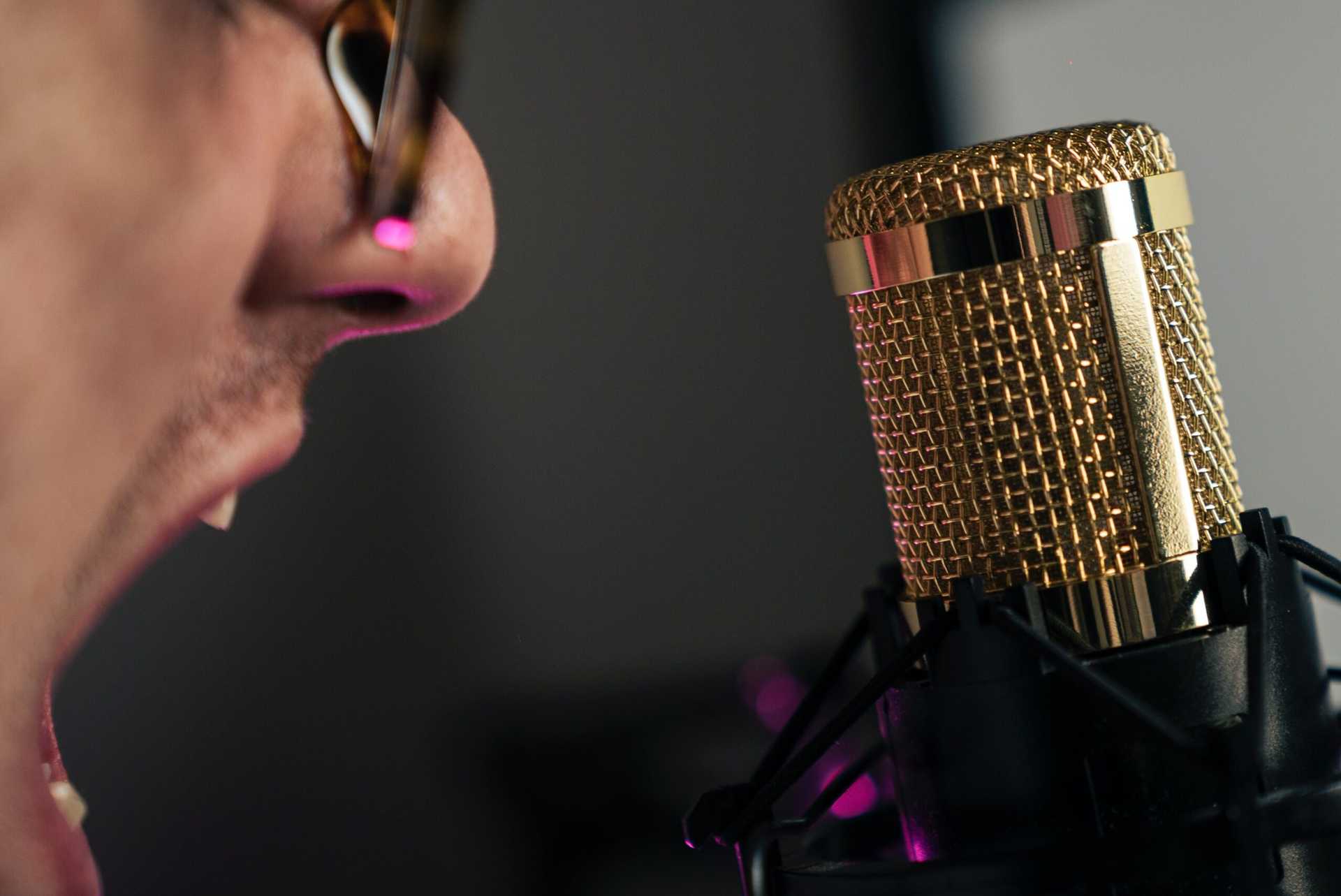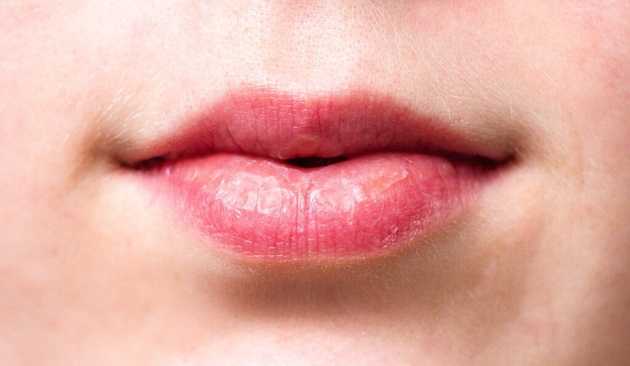How To Stop Lip Smacking While Recording
Updated on February 27, 2024

Do you want to know how to stop lip smacking while recording? There are many variables that go into making an excellent recording of vocals in a studio, and the microphones are no exception. Because of the amplification provided by high-quality headphones, sounds that we normally miss when speaking with another person can become distracting and even painful to endure.
While recording, you may not notice the noises of your mouth moving, such as lip-smacking, saliva crackling, and mouth clicking. Listening back and treating audio files afterward can expose these issues, but by then it may be too late.
What Are Mouth Noises?
Lip-smacking, saliva crackling, and mouth clicking are all different names for the same phenomenon. When you make these sounds when speaking, they often go unnoticed in real-time. This is because of an illusion in a human hearing called Haas Effect. However, in this case, this principle does not apply because the sounds are picked up by a microphone rather than a person’s ears.
If a mouth noise occurs a few milliseconds before you speak, it may be noticed as a popping or clicking sound. Most people will not have trouble understanding what was said, but the fact that the words were interrupted by this sound makes for an unpleasant listening experience. It can also be interpreted as disrespect toward your listeners.

Saliva Crackle
When you hear the term saliva crackling, it is not necessarily related to how much saliva is in your mouth. Many factors go into making saliva pop and even if it is little or no saliva, this sound can still occur due to the way that your mouth moves. With careful positioning of your tongue and lips, you can help reduce this issue.
Lip smacks
Lip-smacking is often a person’s attempt to get rid of saliva in their mouth before speaking. Whether it be from talking too much, eating dry foods, or just being thirsty, this extra saliva needs an outlet. In most cases, dealing with mouth noises means dealing with an excess of saliva that has nowhere to go while you are recording audio.
Mouth Clicks
Mouth clicks are generally caused by you saying certain syllables or words that cause your mouth to close suddenly. For example, if you were to say “Opportunity” with an emphasis on the “P”, this would cause your mouth to make a clicking sound as it closes. The same can be said for other words like “Click”, “Snap”, or “Kiss”.
How To Prevent Making A Lot Of Noise With Your Mouth
Hydrate Yourself
Some mouth noises can be prevented by following a few simple steps. First, you should always make sure to hydrate yourself and keep your mouth moist instead of dry. If eating or drinking will not help, you may want to take small breaks to prevent the build-up of saliva in your mouth. For example, if you are recording for an hour you should probably take a 5 to 10-minute break every half hour to allow your mouth to rest.
Speak Slowly and Practice
Another important thing to remember is to speak slowly and carefully controlling the way that your tongue moves in your mouth. Practicing can help prevent these sounds from occurring, but even then they may crop up once in a while. If you need assistance with practicing or with editing, you may be able to find a media professional to help.
Remember that your audience is not going to want to hear these noises every few seconds while listening to audio. Taking precautions can mean the difference between an excellent recording and one that needs some serious work afterward!
Keep Your Lips Pressed Firmly
When speaking, make it a habit to keep your lips firmly pressed together. More often than not, you can feel when they are parted just enough for sounds to escape. This saves the time and hassle of editing out split-second sounds that may take hours or even days to complete.
The same principle applies when only speaking in the recording. Keeping your mouth in the same position will not only prevent undesirable noise but also produce a clearer vocal recording.
Imitating Mouth Noises
If you are having trouble with this concept, it can help to hear what these sounds sound like. It is also a good idea to mimic the noises when recording by moving your lips and tongue in ways that imitate them. This will make it easier to hear if you are making these noises while speaking into the microphone.
Consult A Professional If You Are Still Struggling With It
If you are still struggling with making undesirable noises, try recording in a quiet room without ambient noise. This can help to pinpoint your mouth sounds clearly and allow you to edit them out more easily than if they were mixed into the background.
Remember that this is just one of many different mouth noises that can be heard on a recording. If you need help with removing more than just lip smacks, some professionals will even do the editing for you as part of their work.
Consider Your Microphone and Environment
No matter how hard you try, though, there will still be times when you just can’t prevent the noise. In that case, we recommend trying a noise gate or other audio processing software, to remove those unwanted sounds from your recordings and leave only the pure vocals.
Regardless of the sort of microphone you’re using, the closer you are to it, the better your sound quality will be. To put it another way, although you may have a tiny recording space, don’t jeopardize microphone placement for increased mobility.
Having said that, there are microphone types specifically designed for loud instruments and busy backgrounds. If a simple lavalier mic won’t suffice, there are other options including lavalier microphones for television use, boundary mics for conference applications, and shotgun mics for studio recording.
If you are not planning to record anything but your voice, make sure that the room you are recording in is quiet. If possible, use a vocal booth or some other sort of sound-proof enclosure where thoughts and distractions won’t disturb your session.
Conclusion
If you or someone close to you has this issue, there are still ways to remedy it with practice. Making an effort before speaking will rarely get rid of the problem completely, but over time it should get easier.
You may enhance the quality of your vocal recordings dramatically if you know how to handle annoying throat noises. This is a key talent for voice recordings since unwanted noises might distract listeners and irritate them.